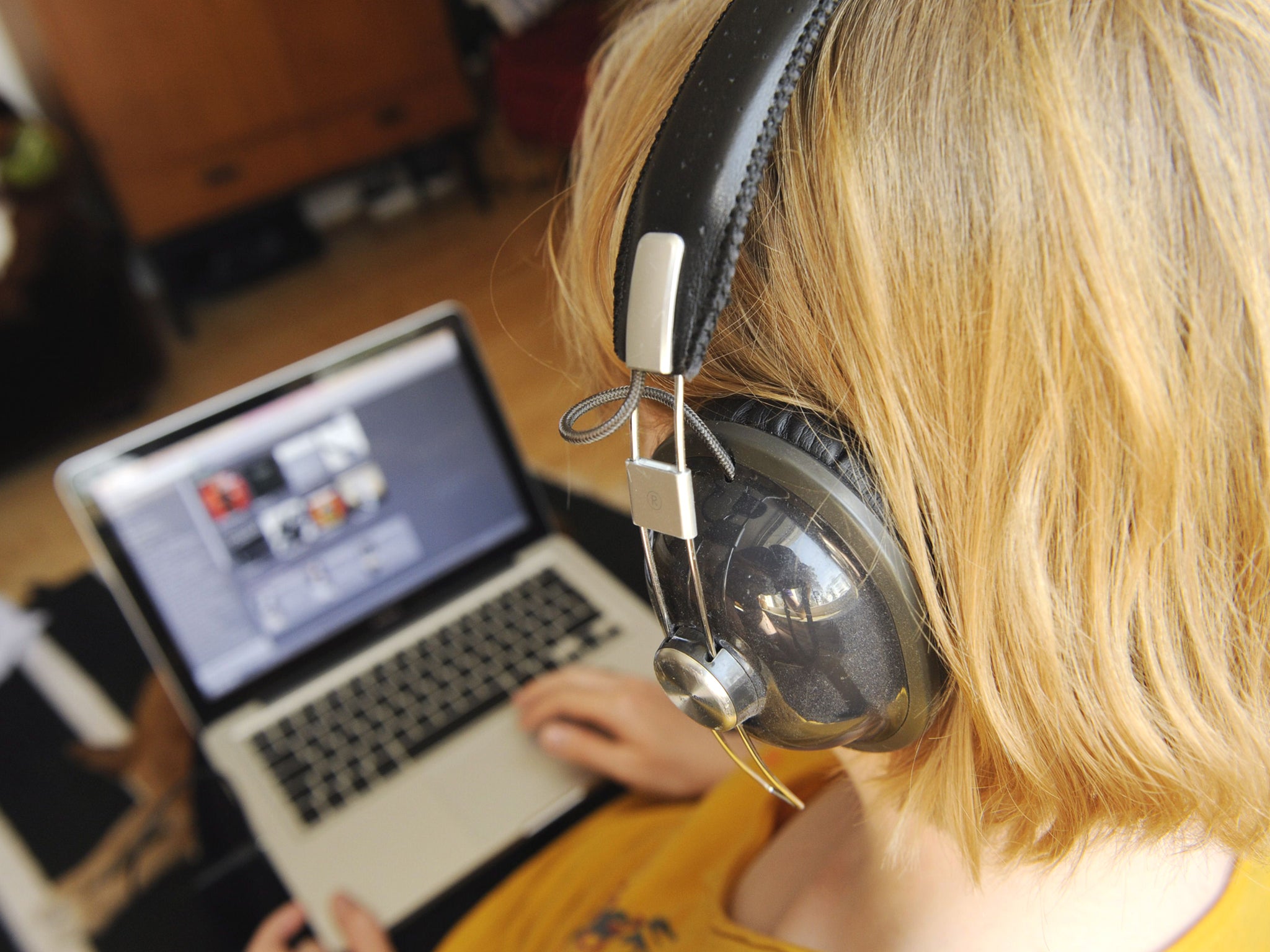Ofcom study shows that nearly a quarter of all UK downloads are illegal
Study also indicated that pirating content was a "minority activity", with a small number of individuals accounting for the majority of downloads

Your support helps us to tell the story
From reproductive rights to climate change to Big Tech, The Independent is on the ground when the story is developing. Whether it's investigating the financials of Elon Musk's pro-Trump PAC or producing our latest documentary, 'The A Word', which shines a light on the American women fighting for reproductive rights, we know how important it is to parse out the facts from the messaging.
At such a critical moment in US history, we need reporters on the ground. Your donation allows us to keep sending journalists to speak to both sides of the story.
The Independent is trusted by Americans across the entire political spectrum. And unlike many other quality news outlets, we choose not to lock Americans out of our reporting and analysis with paywalls. We believe quality journalism should be available to everyone, paid for by those who can afford it.
Your support makes all the difference.Almost a quarter of all downloads in the UK are of pirated content according to a study from Ofcom.
This amounts to around 1.5 billion downloads of media that infringes copyright, though some types of media attract more illegal download than others.
Film was the most popular category (with a third of all movie downloads infringing copyright) whilst software was most frequently downloaded legally (only one in ten downloads infringed copyright).
The research, which was conducted by Kantar Media on behalf of Ofcom, also showed that more than half of all internet users (58 per cent) downloaded or streamed at least one item of illegal content during the year.
Despite this, pirating content was still defined as a “minority activity” with a small number of users accounting for the majority of downloads. Just two per cent of internet users account for three quarters (74 per cent) of all downloads.
However, the research also showed that those who pirate content were likely to spend more money on legal downloads. Over a three month period piraters spent £26 compared to £16 from those who refrained from infringing copyright.
The research also noted that those who downloaded a lot of content illegally were likely to justify this by saying they had already spent enough on content, and that legal downloads were too expensive.
Of those that regularly pirated content one in five said they would stop if they received a warning letter from their ISP with a quarter saying they would stop if they thought they might be sued.
Join our commenting forum
Join thought-provoking conversations, follow other Independent readers and see their replies
Comments